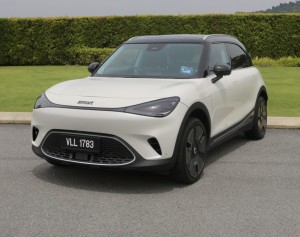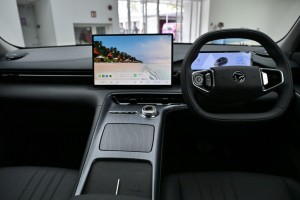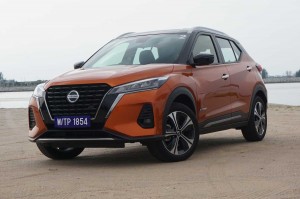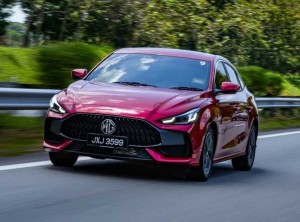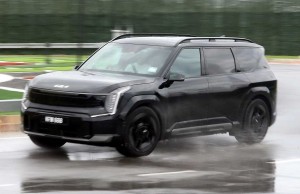KUALA LUMPUR: The global semiconductor chip shortage, apparently showing no immediate signs of abating, may create speed bumps in the sales momentum of the country’s automotive sector.
With vehicle sales starting to ease following the recent discontinuation of the sales tax holiday, the persisting global semiconductor shortage will not make things any better for the local automotive industry, according to an analyst.
“The global chip shortage that was triggered by the pandemic has been exacerbated by the ongoing Russia-Ukraine war.
“The war has had an impact on raw material prices and disrupted supply chains, which will have a direct impact on industries that rely on semiconductors including automotive,” the analyst said.
Some cars need more than 3,000 chips per vehicle. Even if one of the chips is unavailable, the production of that vehicle cannot be completed.
UOB Kay Hian (UOBKH) Research, in a report, said the persistent global chip shortage would have an impact on vehicle sales.
“July sales declined 23% month-on-month against an exceptionally high June total industry volume (TIV).”
The research house said this was because carmakers rushed to fulfil outstanding bookings received prior to June 30, which was the last day of the sales and service tax exemption incentive period.
“Aside from that, the continuous chip and component shortages had affected the industry’s ability to produce more vehicles.”
However, AmInvestment Bank said the underlying demand for cars would remain healthy, backed by a pick-up in broad economic activities.
“Due to the lack of good alternatives, private vehicles will remain as a primary mode of transportation, which will help to sustain the demand for passenger vehicles over the longer term. Our channel checks suggest that distributors’ booking rate is having a soft landing after the end of the tax holiday booking period in June.”

According to the research house, TIV is expected to remain robust moving forward, bolstered by strong industry order book and the easing of inventory shortages amid supply chain readjustments.
Total vehicle sales surged more than 500% year-on-year to 48,922 units last month, mainly due to the low base during the same period last year as businesses were affected by the nationwide lockdown.
A total of 43,594 passenger vehicles were sold, while 5,328 units of commercial vehicles were registered, according to the Malaysian Automotive Association (MAA).
The association said the shortage of chips and components had continued to affect some vehicle marques in July.
It said sales for August would likely be maintained at last month’s level.
According to a report by KPMG, the Russia-Ukraine war has the potential to exacerbate the semiconductor supply chain issues resulting in the chip shortage that has impacted the industry over the last two years.
“The immediate risk is to the supply of specific raw materials used in semiconductor manufacturing such as neon and palladium.
“While the impacts of inflation and indirect supply-chain effects appear to be manageable in the near term, the potential for longer term repercussions is yet to be determined and will be predicated on how events continue to unfold.”
Unless neon prices increase permanently, KPMG said producing it outside Ukraine would unlikely to be economical.
The Covid-19 pandemic saw a surge in demand for personal electronic items such as cell phones and laptops, which eventually led to a shortage of chips worldwide as production could not keep up with demand.
The crunch of the global chip shortage is still being felt by automotive players worldwide – two years after the pandemic.
Earlier this month, it was reported that the production of 180,000 vehicles in the United States was cut in the second week of August due to the chip shortage woes.
According to AutoForecast Solutions (AFS), a provider of global automotive forecasting databases, US factories have been forced to cut nearly 1.06 million vehicles from production schedules this year as a result of the global chip shortage.
AFS data revealed that nearly three million vehicles have been cut so far in 2022. The agency said the figure could rise to more than 3.8 million by year-end.
Earlier this month, China-based Geely Auto said its profits had more than halved as the global chip shortage and Covid-19 restrictions had affected production and affected the demand for new vehicles.
In July, it reported that UK car plants would not return to producing one million vehicles a year until at least 2025, due to the global semiconductor shortage issue.

